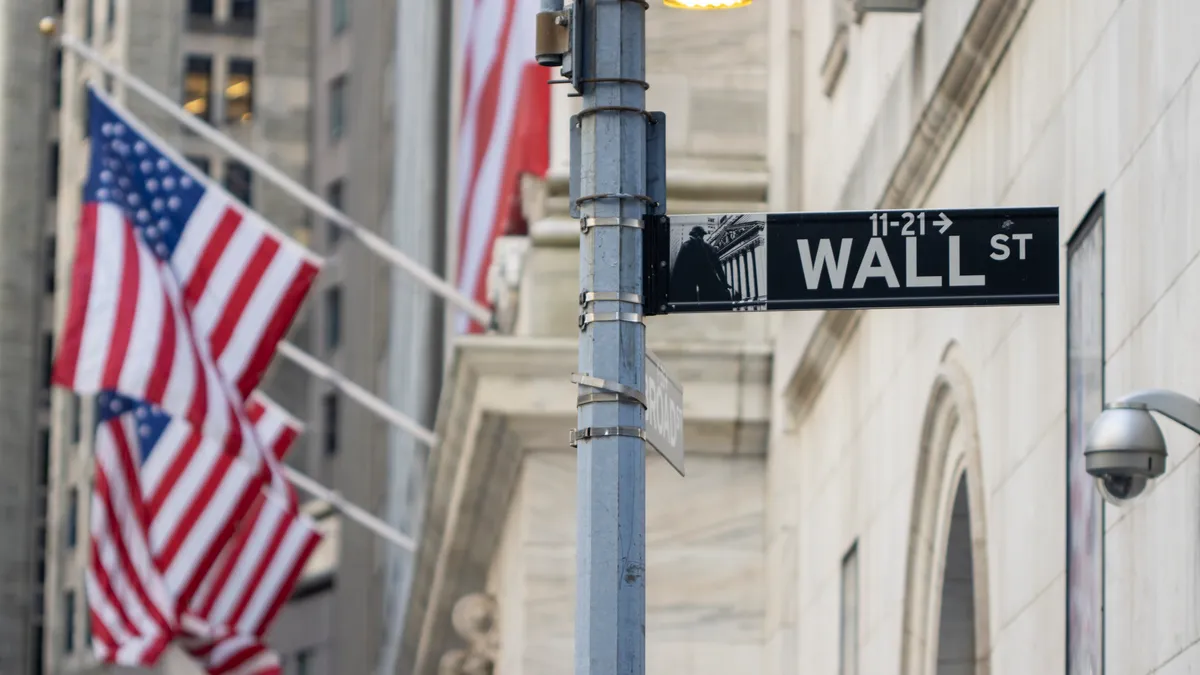The average Wall Street bonus dropped to $176,500 in 2023 — a 2% dip from the previous year’s average of $180,000 and well below the roughly $240,000 given out in 2021, according to New York State Comptroller Thomas P. DiNapoli’s annual estimate released Tuesday.
Though Wall Street’s profits were up 1.8% last year, the companies took a cautious approach to compensation, and more employees joined the securities workforce, which led to a slight decline in the average bonus, the report said. The industry’s bonus pool stood at $33.8 billion — a close match with the 2022 pool but significantly lower than in 2021, when it was $42.7 billion as capital markets and dealmaking saw an uptick.
“Wall Street’s average cash bonuses dipped slightly from last year, with continued market volatility and more people joining the securities workforce,” DiNapoli said in a statement Tuesday. “While these bonuses affect income tax revenues for the state and city, both budgeted for larger declines so the impact on projected revenues should be limited. The securities industry’s continued strength should not overshadow the broader economic picture in New York, where we need all sectors to enjoy full recovery from the pandemic.”
The comptroller’s estimate is based on personal income tax withholding trends and includes cash bonuses paid for work done in 2023 and bonuses deferred from prior years that have been cashed in. However, the estimates do not include stock options or other forms of deferred compensation for which taxes have not been withheld.
Wall Street bonuses have significantly affected tax revenue in the state and city budgets. The securities industry accounted for roughly $28.8 billion in state tax revenue, or 27.4% of the state’s tax collections for fiscal 2022-23 and 7% of city tax collections for fiscal 2023, DiNapoli said.
Though there have been recent industrywide layoffs, the sector employed around 198,500 people in 2023 — up from 191,600 the previous year.
According to DiNapoli’s estimates, one in every 11 jobs in the city is either directly or indirectly associated with the securities sector.
Wall Street’s continuous push for workers to get back to the office has led to a rise in spending and boosted the use of public transport because 42% of securities employees take the subway — a higher rate than the citywide average for working people, DiNapoli noted.
A Partnership for New York City survey said financial services companies reported 65% of employees were in the office on any given day after Labor Day 2023, compared with 58% for firms in other business sectors.
Wall Street was responsible for 14% of economic activity in the city in 2022, hence “the financial sector’s ability to generate revenue and turn profit is critically important to New York,” the report said.














